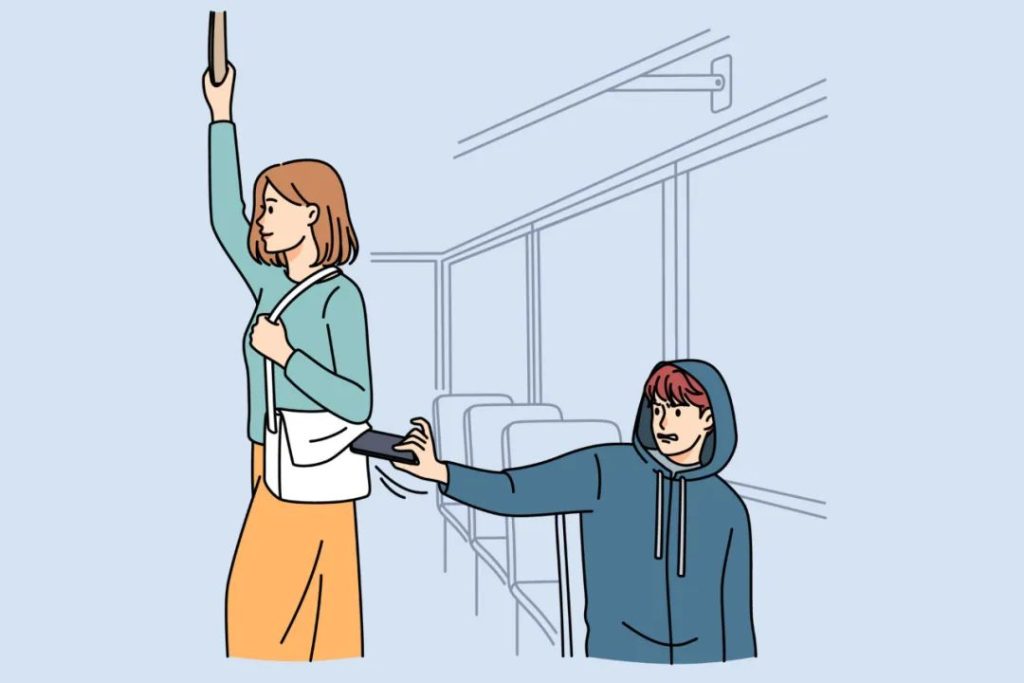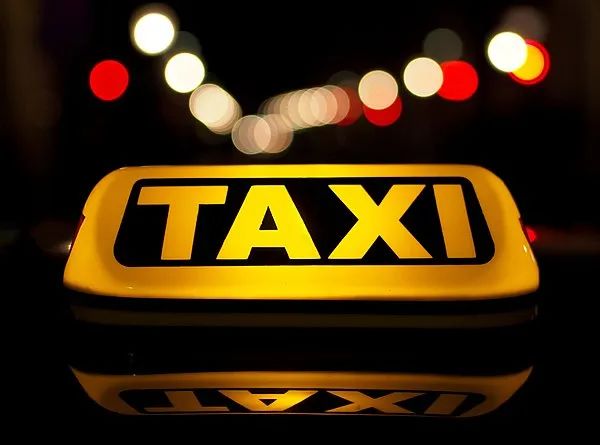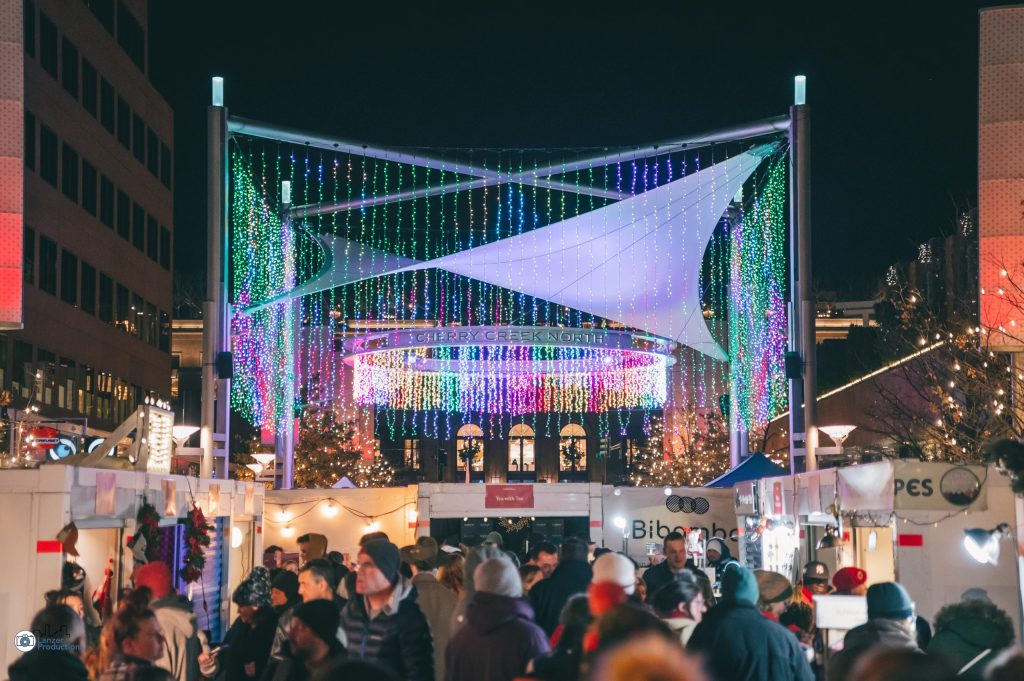Private Transportation
Tip 1: Preparing for Your Journey
If you’re planning a road trip, it’s essential to do your homework well in advance. Many European countries have different emission standards and regulations. For instance, in London, there are environmentally friendly low-emission zones and congestion charges in the city center, which you’ll need to pay online. Some countries require vehicles to meet specific emission standards, and after meeting these standards, you may need to purchase an environmental sticker or label, like in Germany. It’s advisable to buy these online in advance, and be aware of random police checks; getting caught without the sticker before purchasing might lead to fines.
In some countries, you may need to purchase a highway toll pass, equivalent to paying a toll fee. If it’s an electronic version, remember to download it from your email after online purchase. For countries like Austria and the Czech Republic, paper toll passes are usually sold at gas stations near the country’s borders. You can find specific selling locations through a Google search. Additionally, if you see signs like ‘Charge’ or ‘Pay online’ on the highway, be extra cautious, as it often indicates that these road sections require online payment of tolls within a certain time frame.
Tip 2: Parking Selection
If you’re traveling by car, it’s crucial to be selective when booking hotels. Opt for accommodations with underground parking or secure, locked parking facilities. Avoid choosing hotels with parking along the roadside or in open public areas without locks, even if some have cameras. Despite the presence of cameras, crime rates, especially during the night, can be more significant in European countries than one might expect, and police presence might be limited. In addition to checking parking facilities through various hotel booking apps, you can also send emails or make calls to inquire about the safety of the parking arrangements.

Tip 3: Navigation Apps for Driving
Most people choose Google Maps for navigation during road trips, but in reality, Waze is often more user-friendly for driving. Before embarking on your journey, pay attention to any warnings from Waze and don’t disregard them. It may alert you to low-emission zones or tolls. However, avoid over-reliance on the app, and cross-check information with Google searches for added reliability.
Public Transportation

Tip 1: City Public Transportation Systems
Nowadays, in many European countries, one not only needs to be cautious about theft and scams but also about public officials. Starting with theft and scams, if you see a pregnant woman on public transportation, instead of thinking about offering her a seat, consider the possibility that she might be a fake pregnant woman and a real thief. This kind of situation happens every day on the Paris subway. If you encounter friendly approaches or requests for photos from foreigners, also consider whether their warmth is genuine or if it’s a scam. This is common in London, where locals in peculiar outfits might approach you for a photo near landmarks like Big Ben or Tower Bridge and then demand exorbitant fees. They may even give you a rose and still charge a high fee, or lure you into a colorful, music-playing tricycle for a ride around London, ultimately demanding a hefty payment. Additionally, in public transportation, be wary of groups of people surrounding you, especially those carrying umbrellas or draping clothes over their hands; they might be potential threats. Foreigners are generally more reserved, and if someone gets too close, it’s advisable to either distance yourself or give them a stern look and walk away, as thieves tend to be more nervous.
In some parts of Europe, certain public officials may behave unfriendly due to poverty or discrimination against Chinese tourists with limited English proficiency. Sometimes, they may falsely accuse you of purchasing the wrong subway ticket, leading to random inspections and facing hefty fines, or it could be a mere attempt to find fault. Suggestions: If you have uncertainties before buying tickets, seek assistance from station staff to avoid purchasing the wrong ones. Alternatively, research ticketing methods for the local public transportation system online. If you’ve legitimately purchased the correct ticket but encounter inspectors finding fault, as commonly seen in buses and trams in Paris, the Netherlands, and Belgium, stand your ground, especially when system malfunctions or false accusations of buying the wrong ticket occur.

Tip 2: Choosing Taxis
It is advisable to choose a hotel near tourist attractions when making accommodations. Ensure that most of the attractions you plan to visit are within the starting fare range for taxis, allowing you the option to take a taxi. This approach can save you both time and energy and help avoid potential theft or robbery incidents. When taking a taxi, it is recommended to choose reputable taxi companies or reliable ride-hailing apps.

Tip 3: Nighttime Travel
It is advisable to avoid traveling at night, and the idea of having late-night snacks should be dismissed. While I understand the desire to experience nighttime views, it’s recommended to engage in activities when the evening is just setting in. Once it becomes completely dark, it is advised to stay indoors. During daylight saving time, many European countries remain well-lit until around 8 p.m., providing ample time for various activities. However, during standard time, with darkness setting in around 4 to 5 p.m., it’s suggested not to stay out past 7 p.m.
If you’re out exploring, it’s better to rise early than return late. All these considerations should be based on prior research into transportation options. Public transportation systems in many European countries are not as extensive as those in some domestic locations, and they often conclude services early in the evening. In Spain’s famous night-viewing spot, Montjuïc in Barcelona, numerous cases of robbery have been reported when individuals missed public transportation and had to descend the mountain on foot. Losing belongings is a minor concern compared to more serious crimes that can occur in such situations.



